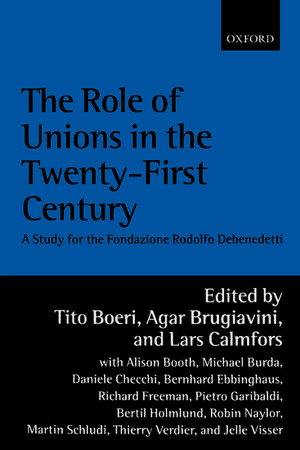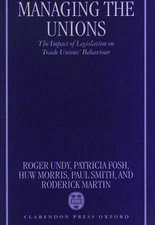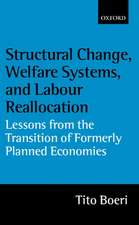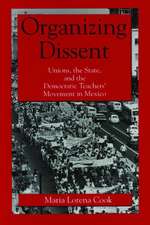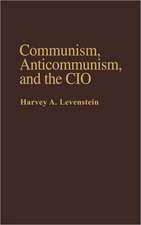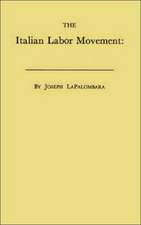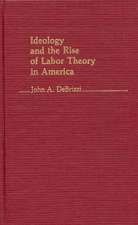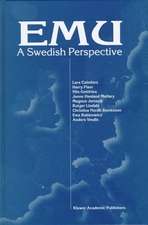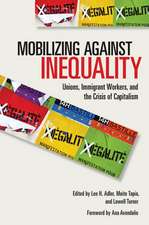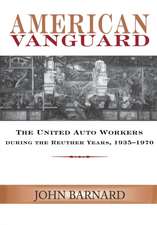The Role of Unions in the Twenty-first Century: A Report for the Fondazione Rodolfo Debenedetti
Editat de Tito Boeri, Agar Brugiavini, Lars Calmforsen Limba Engleză Paperback – 15 aug 2001
| Toate formatele și edițiile | Preț | Express |
|---|---|---|
| Paperback (1) | 467.38 lei 31-37 zile | |
| OUP OXFORD – 15 aug 2001 | 467.38 lei 31-37 zile | |
| Hardback (1) | 469.44 lei 31-37 zile | |
| OUP OXFORD – 16 aug 2001 | 469.44 lei 31-37 zile |
Preț: 467.38 lei
Preț vechi: 575.56 lei
-19% Nou
Puncte Express: 701
Preț estimativ în valută:
89.43€ • 93.61$ • 74.44£
89.43€ • 93.61$ • 74.44£
Carte tipărită la comandă
Livrare economică 19-25 martie
Preluare comenzi: 021 569.72.76
Specificații
ISBN-13: 9780199246588
ISBN-10: 0199246580
Pagini: 320
Ilustrații: 27 figures
Dimensiuni: 156 x 233 x 17 mm
Greutate: 0.48 kg
Ediția:New.
Editura: OUP OXFORD
Colecția OUP Oxford
Locul publicării:Oxford, United Kingdom
ISBN-10: 0199246580
Pagini: 320
Ilustrații: 27 figures
Dimensiuni: 156 x 233 x 17 mm
Greutate: 0.48 kg
Ediția:New.
Editura: OUP OXFORD
Colecția OUP Oxford
Locul publicării:Oxford, United Kingdom
Recenzii
... a scholarly volume of interest to anyone concerned with the future of European unions, and whose discussion of organized labour's approach to the welfare question should become a central reference point.
Notă biografică
After obtaining his Ph.D. in economics from New York University, Tito Boeri was senior economist at the Organisation for Economic Co-operation and Development (OECD) from 1987 to 1996. In this position, among other things, he co-ordinated all the work carried out by the OECD in the field of human resource policies in the central and eastern European economies in transition after 1990. He was also consultant to the International Monetary Fund, the ILO and the World Bank. He is currently associate professor of economics at Bocconi University, Milan, where he teaches courses on labour economics and the economics of transition, and is affiliated with the Innocenzo Gasparini Institute for Economic Research (IGIER). He is Director of the Fondazione Rodolfo Debenedetti, which operates in the field of labour market and social policy reforms in Europe.Lars Calmfors is Professor of Economics at Stockholm University.Agar Brugiavini is Associate Professor in the Department of Economics at the University of Venice.
